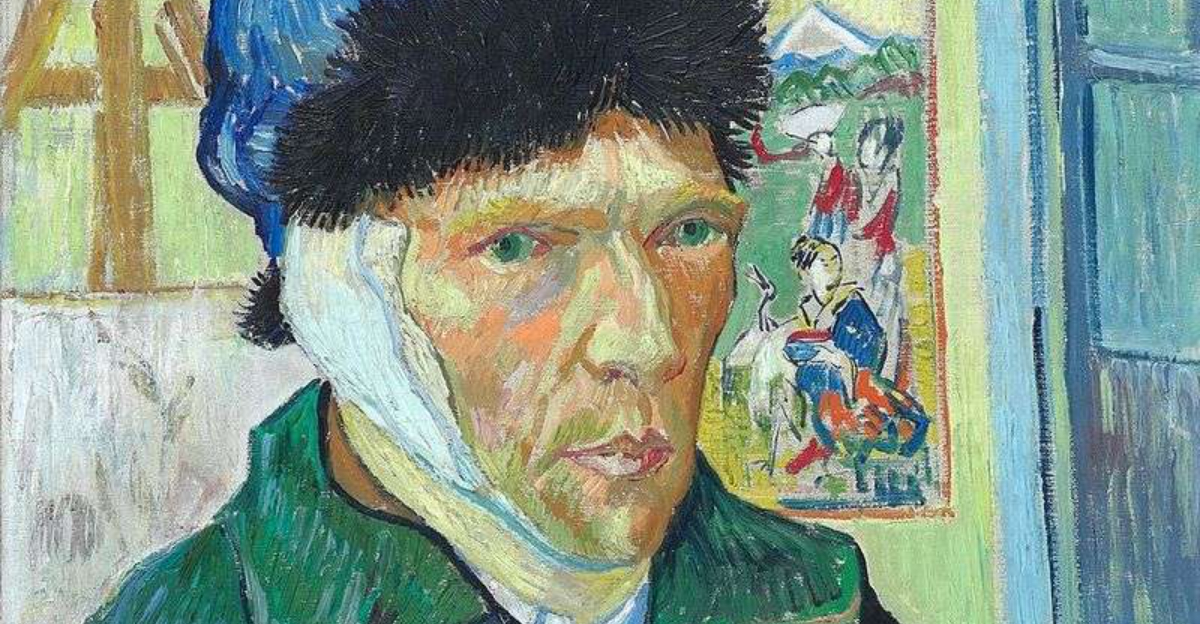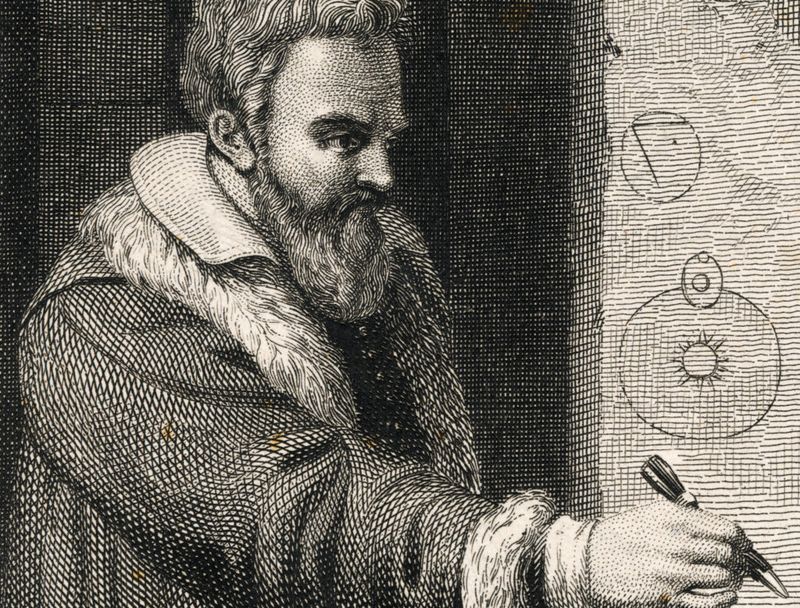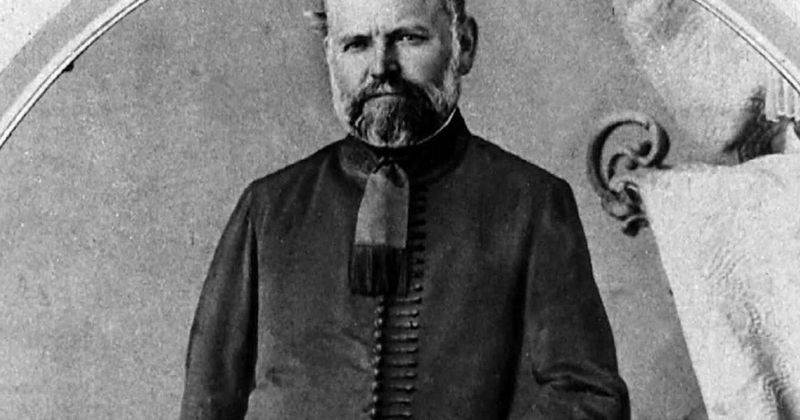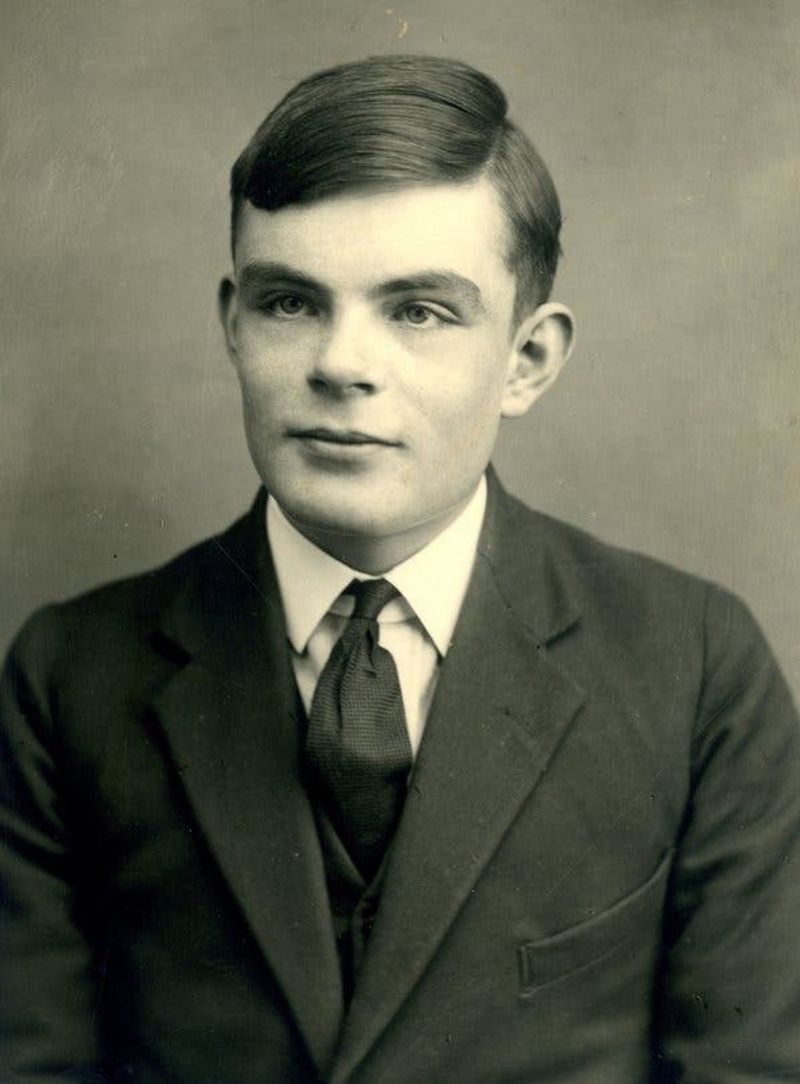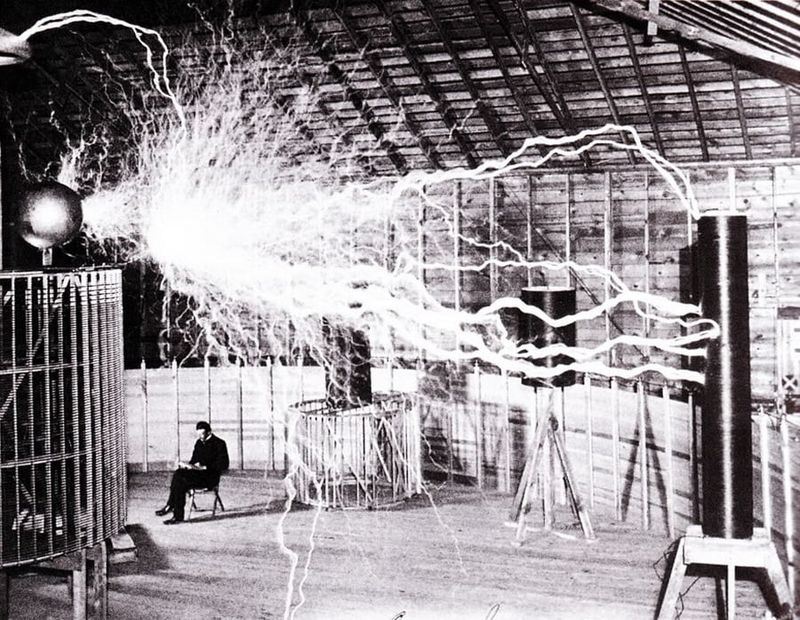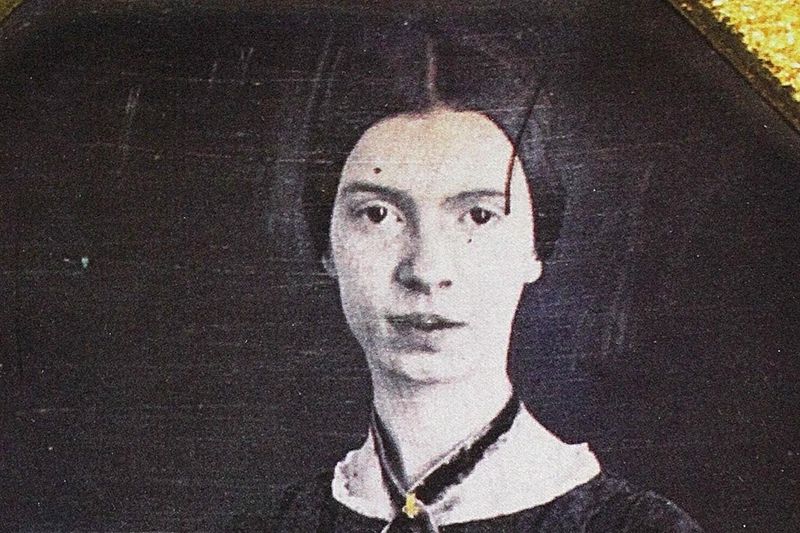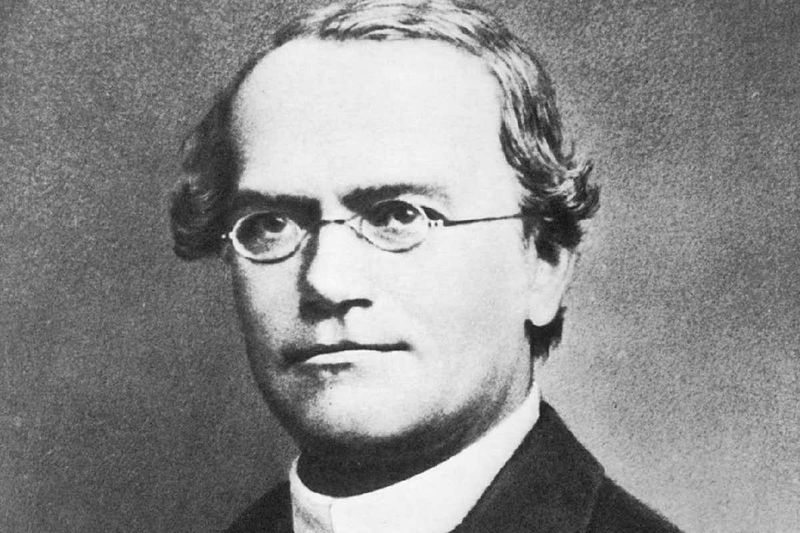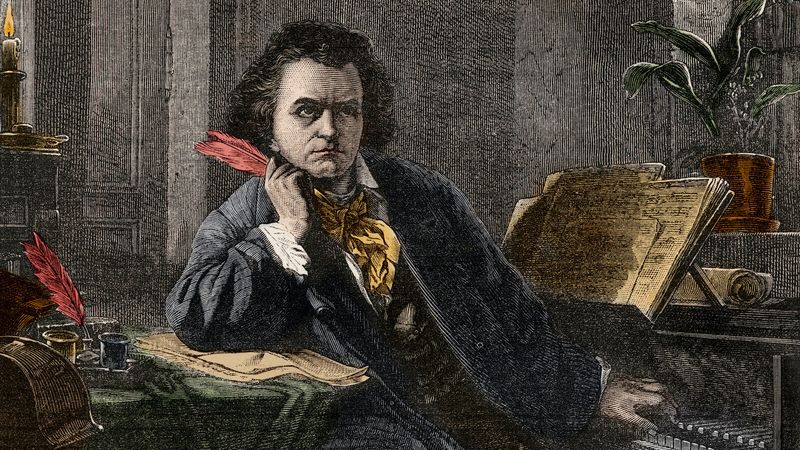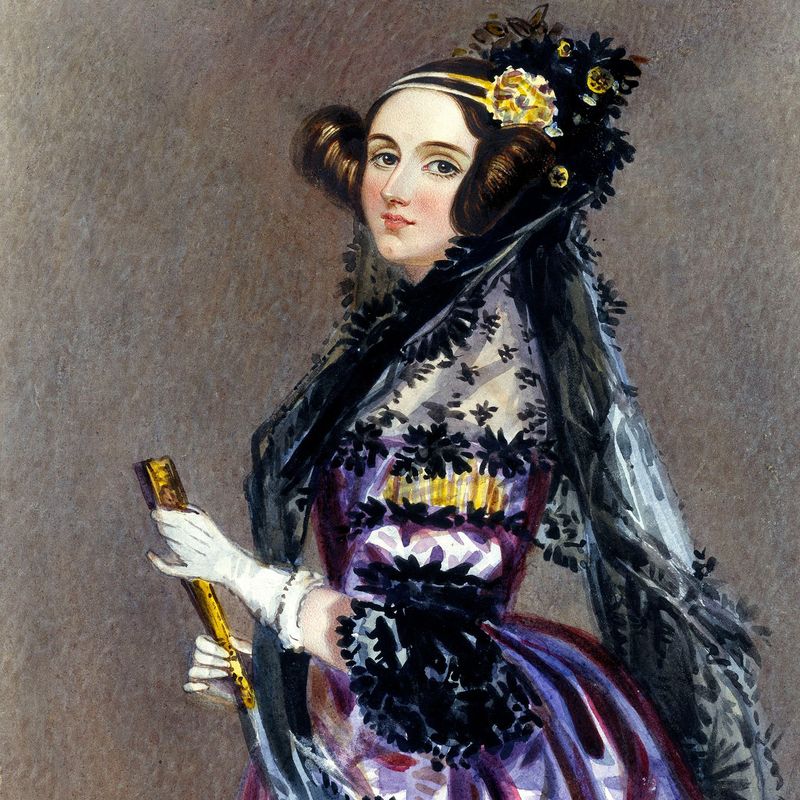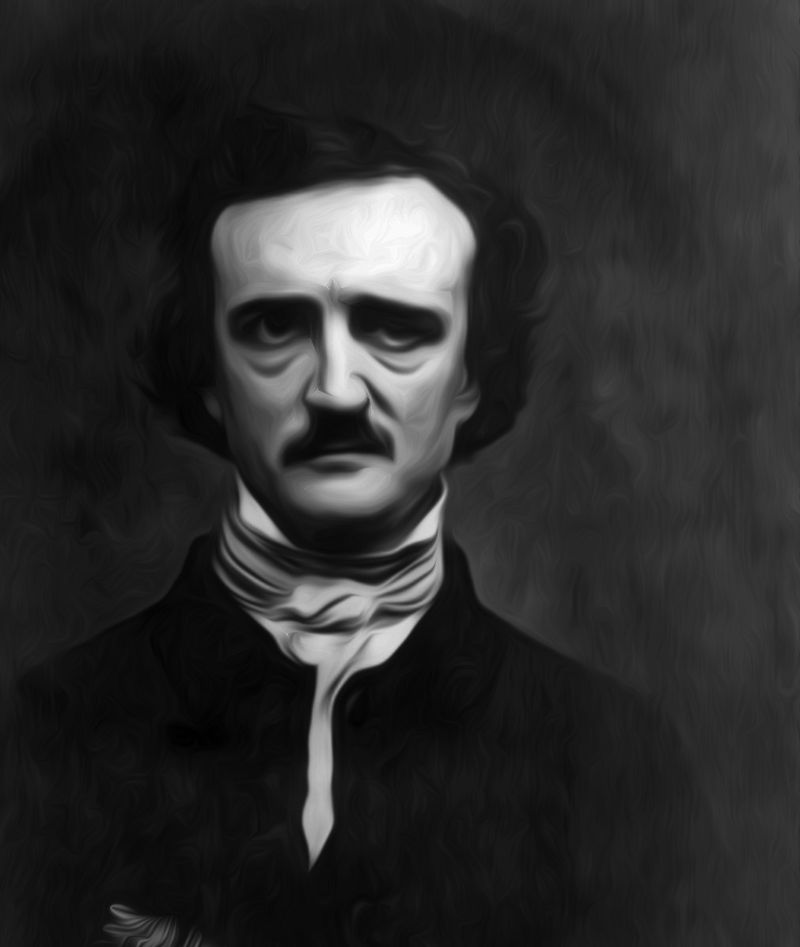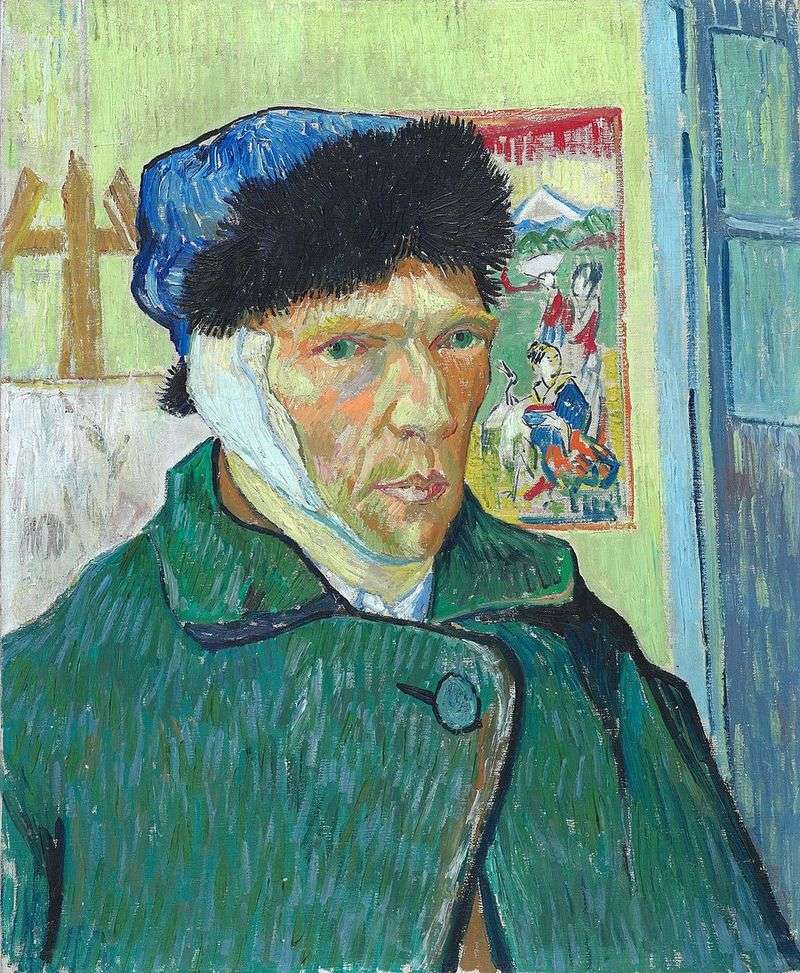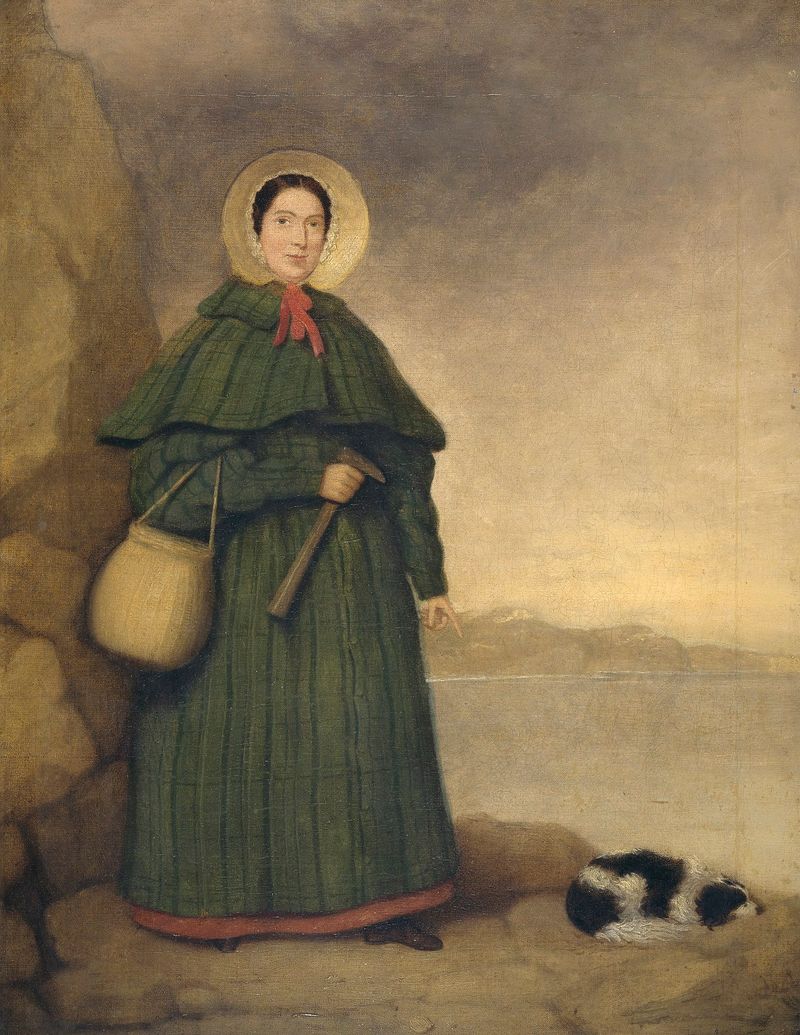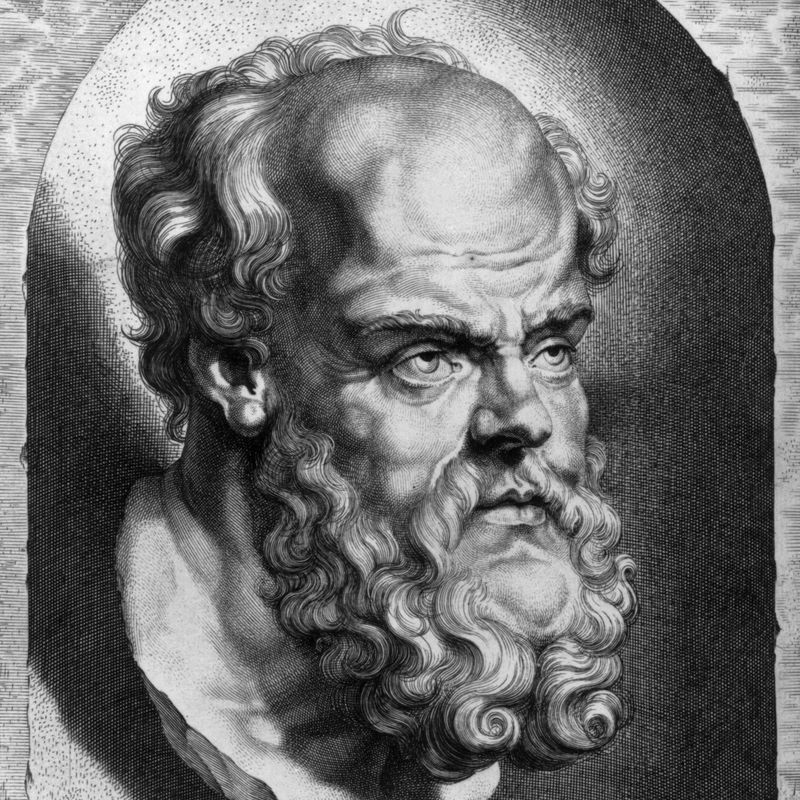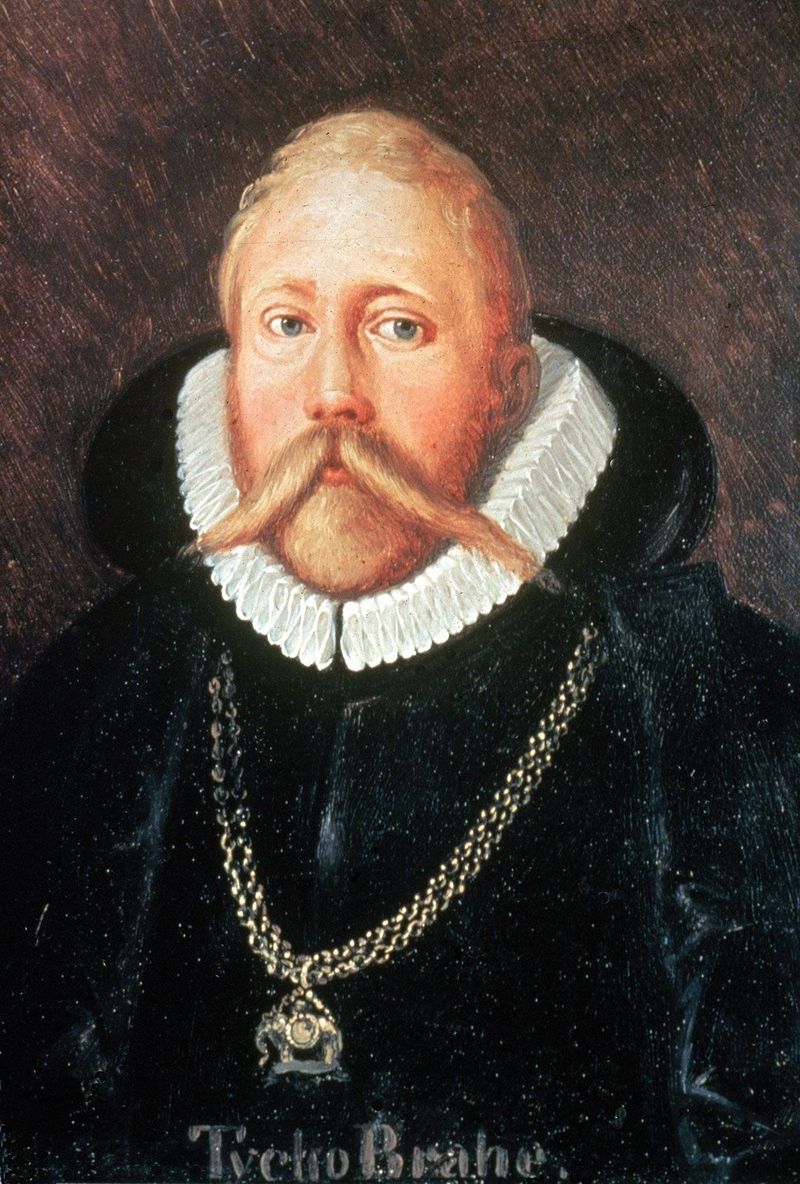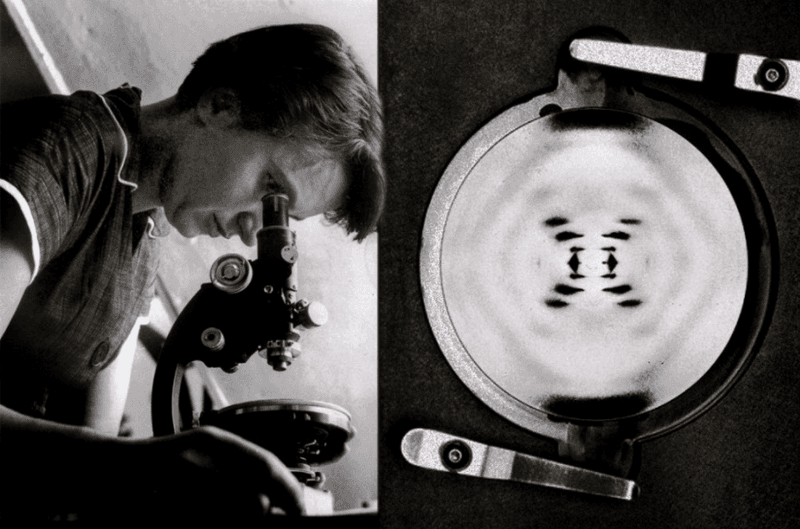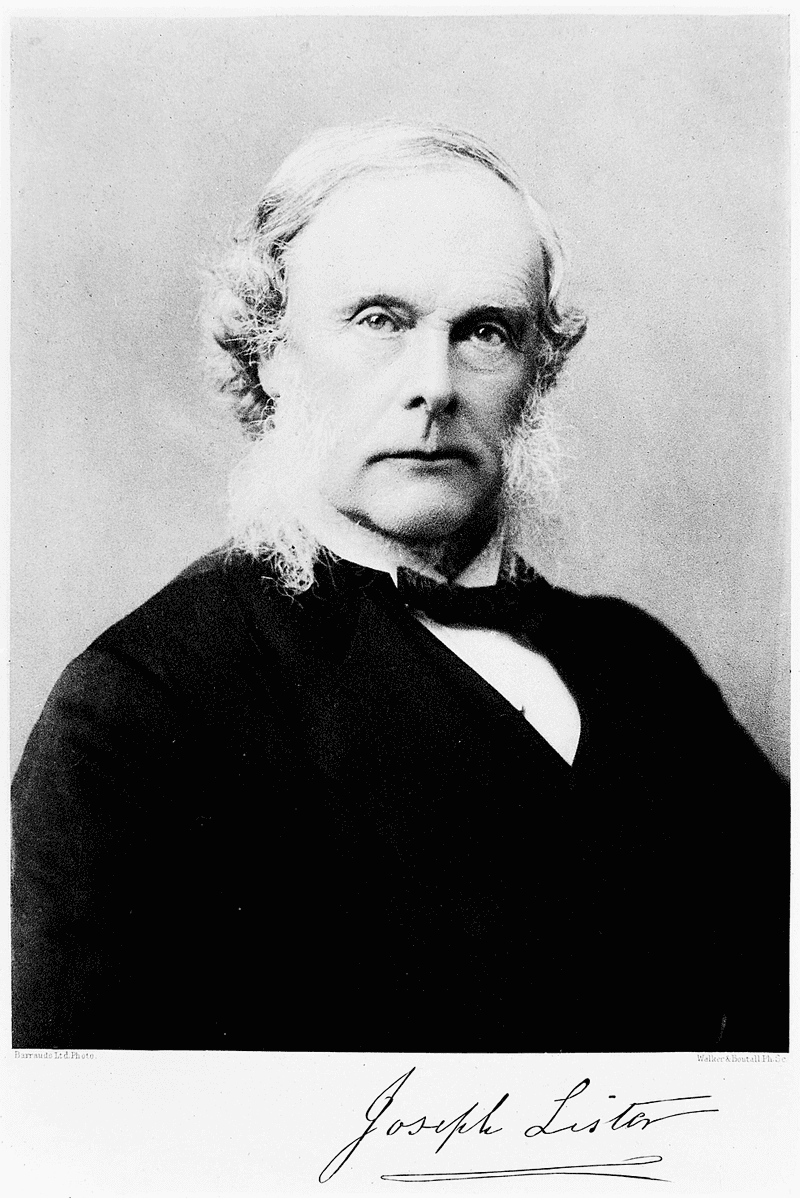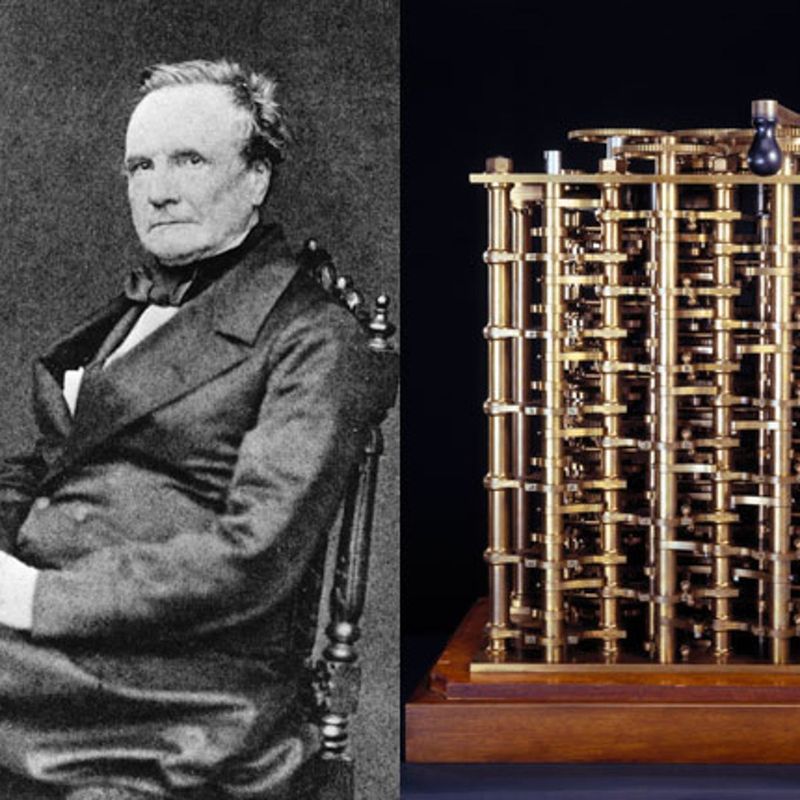History has a funny way of rewarding brilliance—sometimes only after a lifetime of ridicule. These 17 historical figures were dismissed, mocked, or misunderstood in their time. Yet today, they’re recognized as visionaries who were light-years ahead of everyone else.
1. Galileo Galilei
Galileo Galilei dared to challenge the status quo. The Catholic Church branded him a heretic for supporting the Copernican idea that Earth orbits the sun. In a time when the geocentric model was widely accepted, his views were revolutionary.
Galileo’s trial was a pivotal moment, highlighting the conflict between science and religion. Despite being forced to recant, his work laid foundations for modern astronomy.
Every child today learns about heliocentrism, thanks to Galileo’s courage to stand by scientific truth. His visionary insights eventually triumphed over ignorance and fear.
2. Ignaz Semmelweis
Ignaz Semmelweis, a pioneer of antiseptic procedures, pleaded with doctors to wash their hands to prevent infections. Yet, he was met with mockery and institutionalized for his beliefs.
Born in 1818, his advocacy for hygiene was revolutionary for the time. His observations drastically reduced maternal mortality rates in clinics.
Today, handwashing is a fundamental medical practice, and Semmelweis is remembered as the ‘savior of mothers.’ His story is a poignant reminder of how transformative ideas can face fierce resistance.
3. Alan Turing
Alan Turing, a brilliant mathematician, faced derision for his mannerisms and persecution for his sexuality. Yet, he cracked Nazi codes, a feat that significantly impacted the outcome of World War II.
His contributions laid the groundwork for modern computing. Despite his achievements, Turing faced adversity, culminating in a tragic end.
Today, Turing is celebrated as a pioneer of computer science. His life is a testament to resilience in the face of prejudice, and his legacy continues to inspire innovation worldwide.
4. Nikola Tesla
Nikola Tesla, once dismissed as a mad scientist, dreamed of a world powered by AC electricity and wireless communication. In his time, these ideas seemed fantastical, earning him ridicule.
Yet, Tesla’s innovations now power our modern world. His development of alternating current technology was revolutionary, enabling long-distance electricity transmission.
Despite financial struggles and being overshadowed by contemporaries, Tesla’s genius has been rightly acknowledged. His visionary work continues to electrify imaginations and drive technological progress.
5. Emily Dickinson
Emily Dickinson’s poetry, now celebrated for its depth and originality, was seen as odd and unpublishable during her lifetime. Her reclusive nature and unconventional style baffled 19th-century readers.
Only a few of her poems were published while she lived, often altered to fit traditional norms. Yet, her innovative use of language and form has cemented her as one of America’s greatest poets.
Today, her work resonates with audiences, offering insight into the human condition with unparalleled sincerity and introspection.
6. Gregor Mendel
Gregor Mendel, the father of modern genetics, conducted groundbreaking experiments with pea plants. Despite his meticulous work, it was largely ignored during his lifetime.
Mendel’s laws of inheritance, though unrecognized initially, became the cornerstone of genetics. His dedication to understanding biological inheritance laid the groundwork for future scientific discoveries.
Today, Mendel is celebrated for his contributions to science, and his legacy lives on in every genetics textbook. His story exemplifies how groundbreaking work can initially be overlooked but eventually transformed scientific understanding.
7. Ludwig van Beethoven
Ludwig van Beethoven, known for his emotive compositions, faced mockery for his intense style and struggles with deafness. Yet, his symphonies forever altered the course of music.
Beethoven’s resilience in the face of personal challenges is legendary. His ability to compose profound music despite losing his hearing is awe-inspiring.
Today, his works are celebrated worldwide, and his influence spans generations. Beethoven’s legacy is a triumphant testament to creativity and perseverance, overcoming obstacles with unmatched brilliance.
8. Ada Lovelace
Ada Lovelace, in an era that denied women access to science, wrote the first computer algorithm over a century before computers existed. Her collaboration with Charles Babbage on the Analytical Engine was groundbreaking.
Lovelace’s foresight into the potential of computing was visionary. Despite societal constraints, she imagined machines that could go beyond mere calculations.
Today, Lovelace is hailed as the first computer programmer. Her story is a remarkable example of intellectual courage and imagination, inspiring women in STEM fields worldwide.
9. Edgar Allan Poe
Edgar Allan Poe, once seen as a weirdo and drunk, is now celebrated as a master of gothic fiction and psychological horror. His tales, filled with macabre and mystery, captivated readers.
Poe’s life was fraught with hardship, but his literary genius shone through his evocative storytelling and innovative use of language.
Today, his work continues to enthrall audiences, and his influence is evident in the realms of literature and beyond. Poe’s legacy is one of dark brilliance and unerring creativity.
10. Vincent van Gogh
Vincent van Gogh, now famed for his vibrant post-impressionist works, sold only one painting in his lifetime. His style, characterized by bold colors and dramatic brushwork, was initially mocked.
Despite personal struggles, van Gogh’s passion for art never waned. His unique vision transformed the art world.
Today, his paintings are celebrated globally, fetching millions at auctions. Van Gogh’s story is one of perseverance and innovation, his legacy a testament to the enduring power of creativity and expression.
11. Mary Anning
Mary Anning, a pioneering paleontologist, faced dismissal due to her gender and social class. Her fossil discoveries on the Jurassic Coast revolutionized the scientific understanding of prehistoric life.
In the early 19th century, Anning’s finds, including the first complete Ichthyosaurus skeleton, challenged existing beliefs about the natural world.
Today, Anning is recognized for her contributions to paleontology. Her story highlights the importance of tenacity and passion in the pursuit of knowledge, regardless of societal barriers.
12. Socrates
Socrates, the classical philosopher, was sentenced to death by Athenians for corrupting youth with his ‘dangerous’ ideas. His method of inquiry, now known as the Socratic Method, questioned conventional wisdom.
Despite his execution, Socrates’ teachings laid the foundation for Western philosophy. His dialogues, captured by his student Plato, continue to influence philosophical thought.
Today, Socrates is revered as a pioneer of critical thinking. His legacy underscores the enduring power of questioning and intellectual curiosity in shaping human understanding.
13. John Snow
John Snow, a 19th-century physician, was ridiculed for linking cholera to contaminated water. His groundbreaking work, mapping cases during an outbreak, identified a single water pump as the source.
This innovative approach to epidemiology transformed public health and disease prevention. Despite skepticism from peers, Snow’s insights saved countless lives.
Today, he is hailed as the father of modern epidemiology. Snow’s story exemplifies how determination and scientific rigor can overcome prejudice and ignorance, leading to life-saving discoveries.
14. Tycho Brahe
Tycho Brahe, known for his meticulous astronomical observations, was seen as overly meticulous by peers. Yet, his data collection became the foundation for Kepler’s laws of planetary motion.
In the 16th century, Brahe’s dedication to precise measurement was revolutionary. His work bridged the gap between medieval and modern astronomy.
Today, Brahe is remembered for his contributions to the scientific revolution. His legacy underscores the value of precision and persistence in scientific inquiry, opening new horizons in our understanding of the cosmos.
15. Rosalind Franklin
Rosalind Franklin, a brilliant scientist, played a crucial role in uncovering the structure of DNA. Her pioneering X-ray diffraction images were instrumental, yet her male colleagues took the credit.
Despite this, Franklin’s contributions to molecular biology are now celebrated. Her meticulous work laid the groundwork for understanding the double helix structure.
Today, she is recognized as a key figure in genetics. Franklin’s story is a powerful reminder of the challenges women have faced in science, and her legacy continues to inspire future generations.
16. Joseph Lister
Joseph Lister, often ridiculed for promoting antiseptics in surgery, revolutionized medical practice. His introduction of carbolic acid to sterilize wounds and surgical instruments reduced infections dramatically.
In the 19th century, Lister’s methods were initially met with skepticism from the medical community. However, the success of his techniques eventually spoke for itself.
Today, Lister is hailed as the father of modern sterile techniques. His contributions to medical science have saved countless lives, highlighting the transformative power of innovation and persistence.
17. Charles Babbage
Charles Babbage, obsessed with building a mechanical ‘analytical engine’ in the 1800s, was mocked for his ambitious endeavors. His designs laid the groundwork for modern computers.
Despite financial difficulties and numerous obstacles, Babbage’s vision for computing was ahead of its time. His ideas about programmable machines were revolutionary.
Today, he is recognized as the father of the computer. Babbage’s legacy is a testament to visionary thinking and perseverance, inspiring the technological advancements of the digital age.
